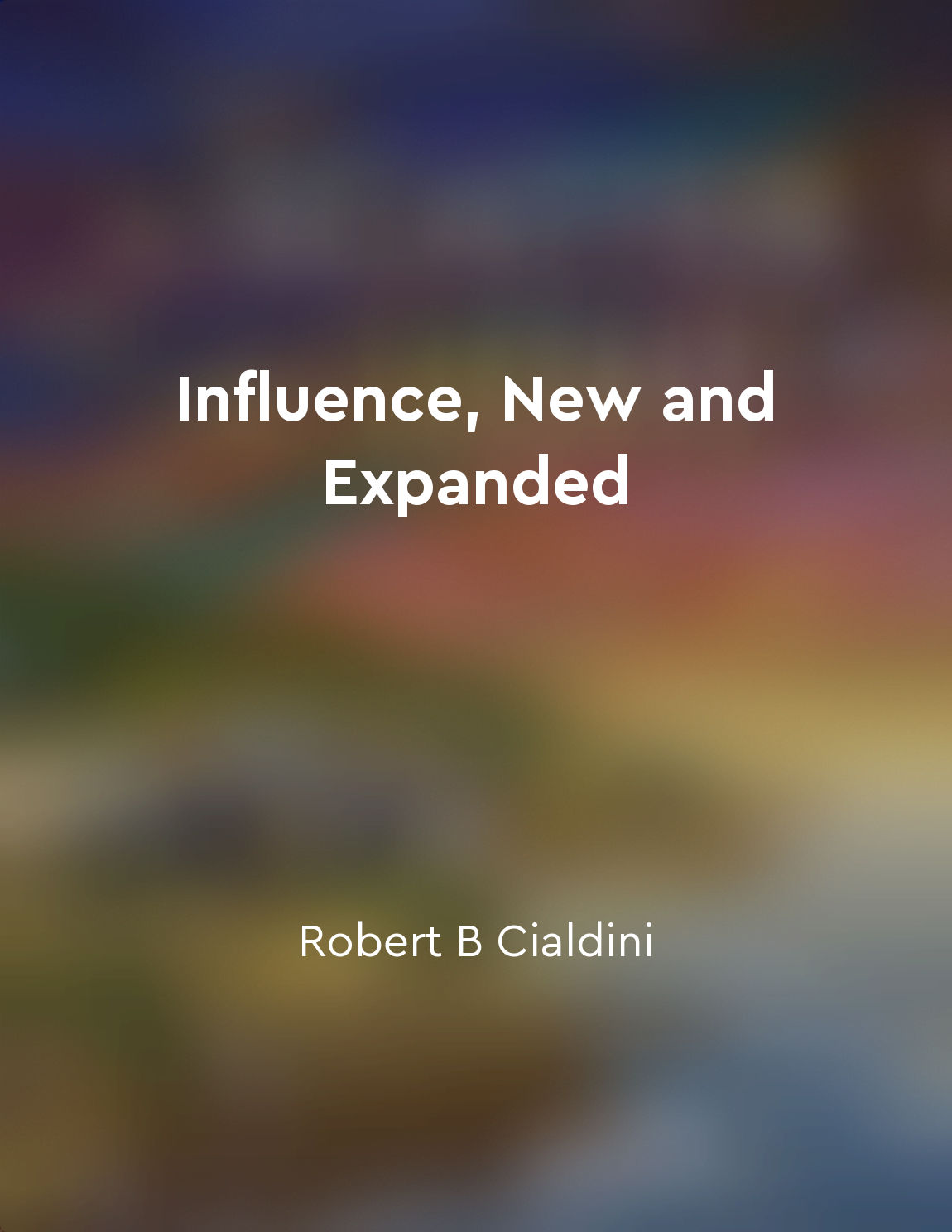Natural selection can explain altruistic behavior from "summary" of Darwin's Dangerous Idea by Daniel C. Dennett
One of the most intriguing aspects of evolutionary theory is the explanation it provides for seemingly selfless acts of altruism. How could individuals possibly benefit from sacrificing their own well-being for the welfare of others? The answer lies in the mechanism of natural selection, which operates at the level of genes rather than individuals. According to the theory of natural selection, genes that promote behaviors which increase the overall reproductive success of a group will tend to spread throughout the population. In the case of altruistic behavior, genes that predispose individuals to help others – even at a cost to themselves – can be favored if they enhance the survival and reproduction of close relatives who share those genes. This concept, known as kin selection, explains why organisms may act in ways that appear to be altruistic towards their relatives. But what about cases of altruism towards non-relatives? How can natural selection account for behaviors that benefit individuals who are not genetically related? The key lies in the concept of reciprocal altruism, which suggests that individuals may help others in the expectation of receiving help in return at some point in the future. In this way, acts of altruism can be seen as a form of social investment, where individuals cooperate with others to mutually benefit in the long run. Furthermore, the evolution of cooperation and altruism among non-relatives can be facilitated by mechanisms such as reputation and punishment. By keeping track of who reciprocates help and who cheats, individuals can build a reputation for cooperation that increases their chances of receiving help from others in the future. Similarly, the threat of punishment for non-cooperative behavior can discourage individuals from taking advantage of others, thus maintaining a balance of cooperation in a group.- Natural selection provides a comprehensive framework for understanding the evolution of altruistic behavior, both towards relatives and non-relatives. By considering the long-term benefits of cooperation and the mechanisms that promote reciprocity and fairness, we can see how seemingly selfless acts can be explained as strategies that ultimately enhance the reproductive success of individuals and their genes.
Similar Posts
Individual behavior is shaped by both nature and nurture
Human behavior is a complex interplay between genetics and environment. Our genes, inherited from our parents, provide us with ...

Subconscious cues impact decisionmaking
When we think about how we make decisions, we often believe that we do so based on rational thinking and careful consideration ...
Free markets encourage efficiency and growth
Free markets are like ecosystems of ideas and goods, where competition and innovation thrive. They provide the incentives for i...

Sexual repression causes psychological harm
The idea that sexual repression causes psychological harm is not a new one. Throughout history, societies have sought to contro...

Evolution is a decentralized phenomenon
Evolution is not a top-down process directed by a single authority or a grand plan. Instead, it is a decentralized phenomenon, ...
Science relies on evidence and reason
Science is a peculiar enterprise. It is not like religion or politics, where one can make grand proclamations based on faith or...
People are more likely to comply with requests that are consistent with their previous actions
Consider the following scenario: A person makes a small request of you, and you agree to it. Later on, this same person makes a...
Social norms shape human behavior
Humans are social beings, and as such, they are deeply influenced by the social norms and conventions of their communities. The...
Understanding the psychology behind persuasion is valuable
The ability to understand the psychology behind persuasion is a highly valuable skill in today's world. This knowledge allows i...
Collaboration is crucial for human problemsolving
Human beings are unique in the way they solve problems. Unlike other species, we rely heavily on collaboration with others to t...

